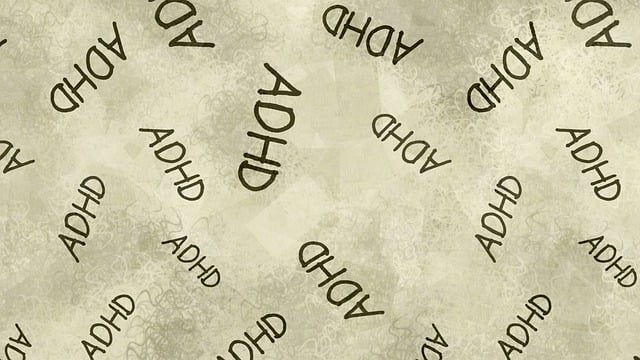Adolescents are vulnerable to substance abuse due to biological, psychological, and social factors, with mental health issues like depression and anxiety significantly increasing risk. Early identification through comprehensive mental health evaluations is crucial, leading to interventions such as crisis support and empathy-building strategies. Therapy for adolescent teens addresses underlying psychological triggers using techniques like CBT, promoting healthier coping mechanisms, emotional regulation, and long-term recovery. A multifaceted approach combining these evaluations and specialized therapy empowers teens to make healthier choices and avoid substance dependence.
Substance abuse among adolescent teens is a growing concern, with complex underlying factors. This article delves into understanding the risk factors that contribute to this issue, specifically focusing on adolescents. We explore the significant role of therapy and mental health evaluations as powerful tools for risk reduction. Additionally, we present complementary strategies to minimize and manage substance abuse risks, emphasizing the importance of a holistic approach tailored to teen mental well-being and development.
- Understanding the Risk Factors for Substance Abuse in Adolescent Teens
- The Role of Therapy and Mental Health Evaluations in Risk Reduction
- Additional Strategies to Minimize and Manage Substance Abuse Risks
Understanding the Risk Factors for Substance Abuse in Adolescent Teens

Adolescent teens are particularly vulnerable to substance abuse due to a complex interplay of biological, psychological, and social factors. Understanding these risk factors is crucial in developing effective prevention strategies. Research shows that mental health issues, such as depression or anxiety, can significantly increase the likelihood of experimenting with drugs or alcohol among teens. This age group often struggles with self-regulation and impulsivity, making them more susceptible to peer pressure and immediate gratification.
Early identification of at-risk teens through comprehensive mental health evaluations is essential. These assessments can uncover underlying issues and provide the necessary guidance, such as crisis intervention techniques and empathy-building strategies. Community outreach programs that educate both teens and parents about substance abuse risks, available support systems, and the importance of open communication can also play a pivotal role in reducing these dangers.
The Role of Therapy and Mental Health Evaluations in Risk Reduction

Therapy plays a pivotal role in risk reduction for substance abuse among adolescent teens. Through structured counseling sessions, young individuals can explore underlying psychological factors contributing to their substance use. Mental health professionals equipped with expertise in adolescent psychology offer safe spaces for teens to openly discuss their struggles, emotions, and experiences without judgment. This therapeutic environment facilitates the development of positive thinking patterns, boosts self-confidence, and builds resilience – crucial elements in breaking the cycle of substance abuse.
Mental Health Evaluations are an integral part of this process, providing a comprehensive understanding of each teen’s unique challenges. These evaluations identify co-occurring mental health disorders, such as depression or anxiety, which often coexist with substance abuse. Early detection and intervention through these assessments allow for tailored therapy approaches that address the root causes, rather than merely treating symptoms. By integrating positive thinking techniques, confidence-boosting activities, and resilience-building exercises into therapeutic regimens, professionals empower teens to make healthier choices and lead fulfilling lives free from substance dependence.
Additional Strategies to Minimize and Manage Substance Abuse Risks

Substance abuse risks can be significantly minimized and managed through a multifaceted approach. Beyond avoiding triggers and supportive environments, there are several additional strategies that prove effective. One key component is therapy for adolescent teens, which offers specialized support tailored to the unique challenges faced by young individuals. This includes evidence-based practices like cognitive behavioral therapy (CBT) that teach coping skills development and emotional regulation techniques, empowering teens to navigate stressful situations without resorting to substance use.
Another powerful tool is integrating mental health evaluations into the risk management plan. These comprehensive assessments identify underlying emotional or psychological factors contributing to substance abuse, allowing for targeted interventions. By addressing these root causes through therapy and teaching mind over matter principles, individuals gain a deeper understanding of their behaviors and develop healthier coping mechanisms, fostering long-term recovery and improved mental well-being.
Substance abuse among adolescent teens is a complex issue, but understanding its risk factors and implementing effective strategies can significantly reduce its impact. By combining therapy for adolescent teens with comprehensive mental health evaluations, we can identify underlying issues and provide tailored interventions. These efforts, coupled with additional strategies to minimize risks, empower young individuals to make healthier choices and foster a safer environment for their well-being.










